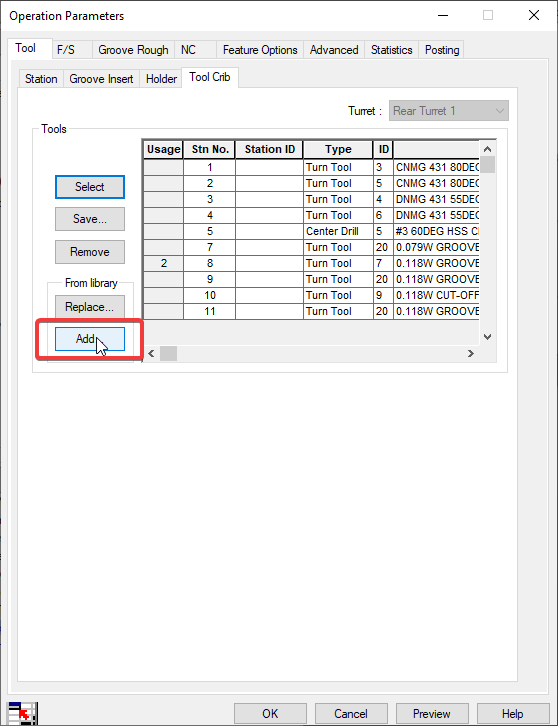

The determinism characteristic has an influence on the query optimizer when compiling a SQL statement. Determinism - specifies whether the function is deterministic or not.Some SQL implementations require that function names are unique within a database, and overloaded functions are not allowed. Note that the function name does not have to be unique, considering overloaded functions. Specific name - a name for the function that is unique within the database.Parameter style - defines the conventions that are used to pass the function parameters and results between the implementation of the function and the database system (only applicable if language is not SQL).Language - defines the programming language in which the user-defined function is implemented examples include SQL, C, C# and Java.The SQL standard defines the following properties: It invokes the CtoF user-defined function as declared above in order to convert the value in the column to a value in Fahrenheit.Įach user-defined function carries certain properties or characteristics. Would retrieve the name and the boiling point from each row. SELECT Name, CtoF ( BoilingPoint ) FROM Elements For example, a function that converts Celsius to Fahrenheit might be declared like this:

User-defined functions in SQL are declared using the CREATE FUNCTION statement. A scalar function returns only a single value (or NULL), whereas a table function returns a (relational) table comprising zero or more rows, each row with one or more columns. The SQL standard distinguishes between scalar and table functions. In relational database management systems, a user-defined function provides a mechanism for extending the functionality of the database server by adding a function, that can be evaluated in standard query language (usually SQL) statements.

#XMENU USER DEFINED LOCATION CODE#
More modern dialects of BASIC are influenced by the structured programming paradigm, where most or all of the code is written as user-defined functions or procedures, and the concept becomes practically redundant. You can create Hive user-defined function to convert date value to a particular format.In some old implementations of the BASIC programming language, user-defined functions are defined using the "DEF FN" syntax. You can write Hive reusable UDFs to perform specific tasks.įor example, Hive does not have rich built-in function to convert date values to the required formats. Performance in terms of coding and execution.

Return outputs according to the user defined tasks. In Hive, you can directly use that function in your Hive queries and UDFs will Once you have function created and registered The developer can use any programming language that Hive supports to write Hive UDFs and integrate those functions with Hive queries. Why Hive User-defined Functions?Īs mentioned earlier, user-defined functions (UDFs) are used to perform a specific task or some of UDFs are specifically designed for the reusability of code in application frameworks. You can write user-defined functions in Java, Scala or Python. The best part about Hadoop is, it provides an API to use your favorite programming language. In Hive, user-defined functions are used to satisfy specific client needs. When you start using Apache Hive, you may miss some features that you used in traditional data warehouse systems.


 0 kommentar(er)
0 kommentar(er)
